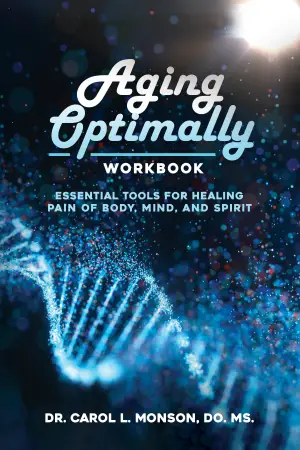I recently dove into The Brain’s Guide to Not Being an Asshole, a book that piqued my interest due to its candid approach to tackling mental health issues, and let me tell you, it did not disappoint! As someone passionate about self-improvement and understanding the mind, the book’s promise of humor intertwined with insights into mental health was hard to resist.
From the outset, Dr. Faith navigates the complexities of the brain with an approachable tone, making even the most daunting topics feel relatable. The description mentions that our brains can often be "real assholes," which captures the essence of the book: it acknowledges the challenges without sugarcoating them. As many readers noted, her ability to explain complicated psychological concepts in an easy-to-understand manner is a significant strength of the book. This clarity truly shines through; as one reviewer, Bailey, stated, it makes the material feel less overwhelming and highly informative.
Two of the major highlights for me included Dr. Faith’s use of humor to lighten heavy topics and her practical advice on retraining our brains to cope with everyday stressors and traumas. Tabi’s review resonated with me, emphasizing how Dr. Faith makes the ideas applicable to real life, ensuring that readers grasp the content and even feel empowered to make changes.
However, not everything was flawless. While I thoroughly enjoyed the book, I found some aspects could detract from the experience for certain readers. The use of heavy profanity is one such element that sparked mixed feelings. Some might appreciate the casual, authentic touch it adds; however, others may find it excessive. One reviewer commented on this aspect, suggesting it might alienate those who prefer a more restrained language style.
Additionally, there were moments in the book where I felt things could have been elaborated further. A few sections brushed over concepts that felt deserving of more depth. This notion echoed another reader’s feedback, who felt some parts skimmed the surface, especially toward the book’s latter half.
Despite these drawbacks, I found Dr. Faith’s approachable style and the book’s overall message immensely beneficial. She posits that change in one’s mental process is achievable, a sentiment echoed by many fellow readers. I related strongly to the exercise of slowly processing each section, which served as a reminder that mental well-being is a journey and not a race.
As I reflect on my experience, the book indeed met my expectations based on its description. It acted as a helpful guide through the maze of mental health, combining humor and science effectively. Dr. Faith’s insights not only made me laugh, but they also prompted me to think critically about my experiences with anxiety and stress, providing clarity in moments of confusion.
In conclusion, I highly recommend The Brain’s Guide to Not Being an Asshole to anyone interested in mental health, regardless of their prior knowledge. It’s a fantastic mixture of insight, humor, and practicality—perfect for both newcomers and those well-versed in the subject. If you’re prepared for a casual, sometimes irreverent chat with a knowledgeable expert, this book might just be your next favorite read!
Unlock Your Mind’s Potential with Unf–k Your Brain >>








